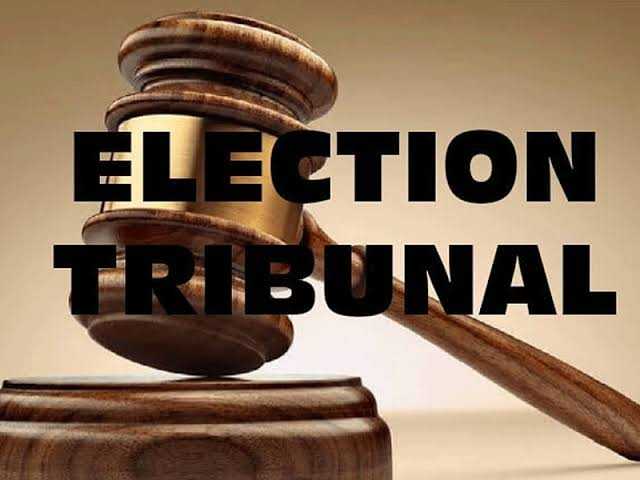The Labour Party (LP) has called on the panel of Appeal Court justices hearing the appeal filed by its governorship candidate in Enugu State, Chijioke Edeoga, to revisit the state’s governorship tribunal judgement that upheld the election of the candidate of the Peoples Democratic Party (PDP), Peter Mbah.
The National Publicity Secretary Obiora Ifoh, at a press conference in Abuja on Wednesday, said there is a travesty of justice in the judgement delivered by the Enugu State governorship tribunal.
Ifoh argued that there is a similarity in the recent judgement of the Nasarawa governorship election tribunal, which declared the PDP candidate David Ombugadu, as the winner of the March 18 governorship election in the state, and that of Edeoga.
He noted that the returning officer of the Independent National Electoral Commission (INEC) for Enugu State, Prof. Maduebibisi Iwe, had rejected the figures from Nkanu East because the Bimodal Voter Accreditation System (BVAS) was discarded, prompting the INEC headquarters to invite him to Abuja.
The LP spokesman expressed surprise that INEC’s panel after reducing the over 33,000 votes illegal from Nkanu East alone to about 19,000, “gave Mbah almost 17,000 votes to enable him to beat LP’s Edeoga with over 3,000 votes.”
Ifoh maintained that only 15,000 registered voters were accredited to vote in Nkanu East, which is the PDP candidate’s LGA, noting that Edeoga was already leading Mbah with over 11,000 votes before the magic votes in Nkanu East were added.
“It is important that Nigerians understand that Enugu State is a Labour Party state, and we make bold to say that the Labour Party’s candidate, Hon. Chijioke Edeoga, clearly won the March 18 governorship election held in Enugu.
“This claim is justified by the outcome of all the other elections held in the state between February and March this year.
“The Labour Party won two out of the three senatorial seats in the state; seven out of eight House of Representatives seats in the state and 14 out of the 24 seats in the state House of Assembly,” he said.
He regretted that “the Enugu State Governorship Election Tribunal on Saturday, 21st September 2023 shockingly delivered a judgement on the disputed election that appeared to have ignored the facts in issue.
“The judgement fell short of the expectations of both the majority of Nigerians and legal pundits who have continued to criticize the fundamental logic and the premise upon which the decision was reached,” he added.
Ifoh said the tribunal discountenanced the testimonies of the party’s witnesses who testified that there was manifest over-voting in Owo and Ugbawka, “for the erroneous reason that they were not accredited witnesses of the party.”
He argued that the tribunal erred in that regard “because the law has always been that every voter in Nigeria is an eligible witness before a tribunal, more so when the said witnesses were members of the Labour Party.
“In juxtaposing the above decision with the judgement delivered in the case of Nasarawa, the governorship tribunal in Nasarawa rightly admitted the testimonies of the material witnesses who came to testify that the votes of the PDP in Ashigie ward, Chiroma ward, etc, were wrongly suppressed, and thereafter ordered the restoration of the said votes to the PDP, even when the witnesses therein were not accredited witnesses of the PDP.”
According to him, “the tribunal in Enugu jettisoned the provisions of Section 137 of the Electoral Act, 2022, which provides that where there is original or certified true copy of a document before the court or tribunal that can establish non-compliance and it is shown that the said non-compliance is manifest on the face of that document, parties are not required to adduce oral evidence.
“The Enugu tribunal strangely feigned ignorance of the above provisions of Section 137 of the Electoral Act and the mischief it seeks to cure by insisting on the needless and additional requirement of calling of oral witnesses to prove over-voting in Owo and Ugbawka, even when the Labour Party already filed copious INEC certified true copies of the BVAS Accreditation Reports that evidentially proved the case of the petitioner.”
